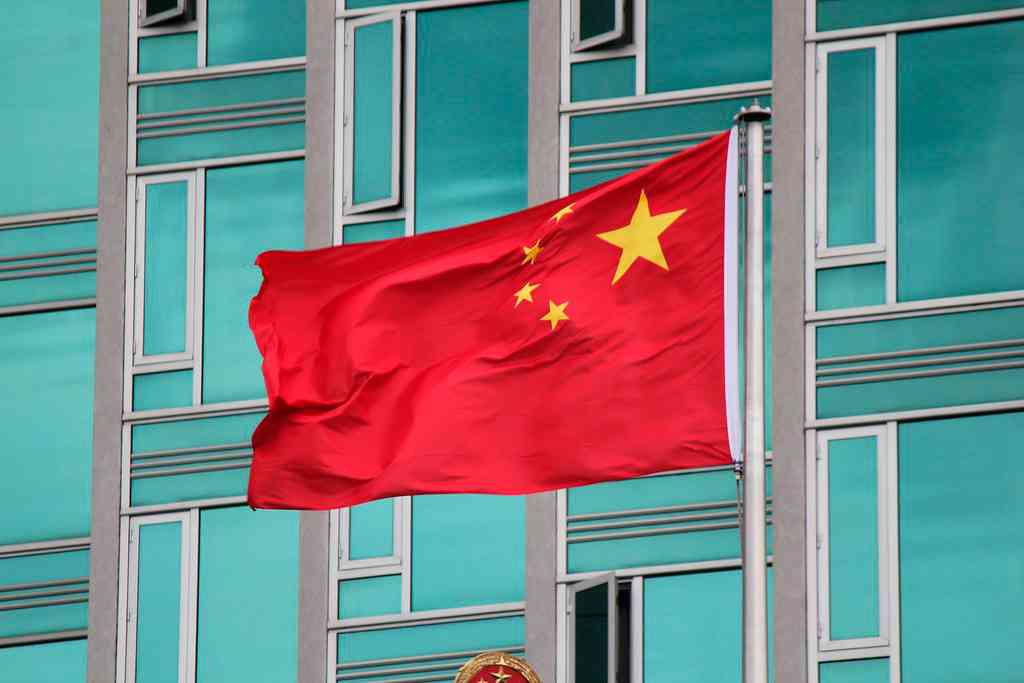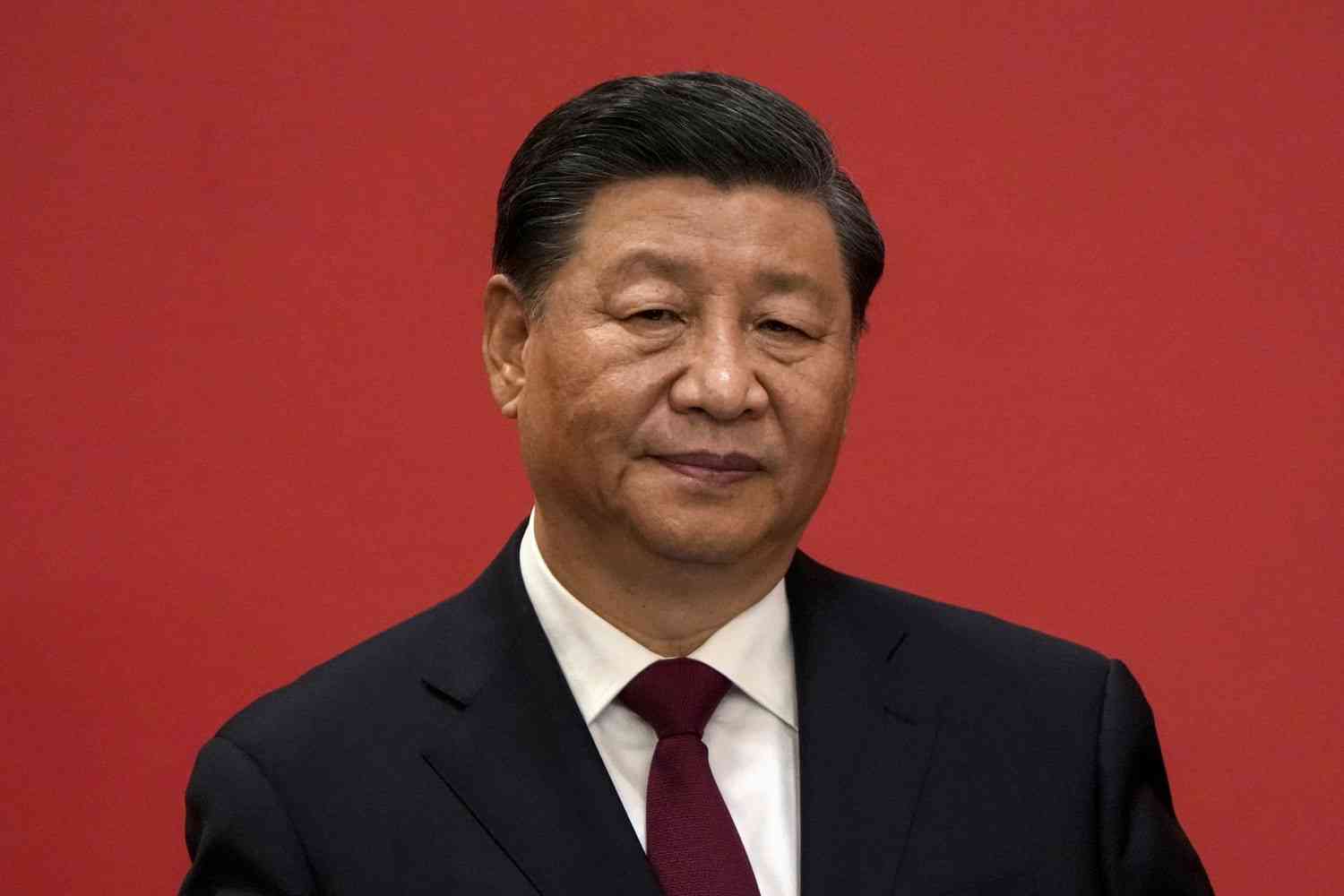
In a move that has sent shockwaves through the international community and raised serious concerns about privacy and human rights, China has implemented a new set of regulations under its Counter-espionage Law.
These rules, which took effect on July 1, 2024, grant sweeping powers to state security police to inspect and search electronic devices such as smartphones and computers, ostensibly in the name of national security. The “Provisions on Administrative Law Enforcement Procedures of National Security Organs” represent a significant expansion of state surveillance capabilities.
Under these new regulations, authorities can now gather “electronic data” from personal devices, including text messages, emails, instant messages, group chats, documents, images, audio and video files, apps, and log records. This broad mandate effectively turns every citizen’s smartphone into a potential treasure trove of information for state security organs.
One of the most alarming aspects of these new rules is the ease with which state security officers can conduct searches. According to Article 40 of the regulations, law enforcement personnel may conduct on-the-spot inspections simply by showing their police or reconnaissance cards, with approval from a municipal-level state security organ head. In emergencies, these checks can even be carried out without warrants, further eroding safeguards against arbitrary enforcement.
The vague and expansive nature of the regulations is particularly troubling.
Article 20 lists “electronic data” and “audio-visual materials” as evidence that can be used in investigations, while Article 41 defines the “person being inspected” to include not just the owner of a device, but also its holder, custodian, or associated unit. This broad definition potentially exposes a wide range of individuals and organizations to scrutiny.
Moreover, the regulations grant authorities the power to order individuals and organizations to cease using certain electronic equipment, facilities, and related programs. In cases where people refuse to comply with “rectification requirements,” state security organs can seal or seize the devices in question.
This provision opens the door to potential abuse, allowing the state to effectively silence dissenting voices or hinder the operations of organizations it deems problematic. The new rules also allow for the “extraction,” collection, and storage of electronic data as evidence, and even the seizure of original storage media.
- The brains behind Matavire’s immortalisation
- Red Cross work remembered
- All set for inaugural job fair
- Community trailblazers: Dr Guramatunhu: A hard-driving achiever yearning for better Zim
Keep Reading
This level of intrusion into personal data raises serious questions about the protection of privacy and confidential information, particularly for foreign businesses operating in China.
While the Ministry of State Security has attempted to assuage fears by stating that these regulations would target “individuals and organizations related to spy groups” and that “ordinary passengers would not have their smartphones inspected at airports,” the broad language of the provisions leaves ample room for interpretation and potential misuse.
The implementation of these rules comes amid a wider campaign by the Chinese government to encourage citizens to be vigilant against perceived threats to national security, including being on the lookout for foreign spies in their daily lives.
This atmosphere of suspicion, coupled with the new powers granted to state security organs, is likely to create a chilling effect on free expression and international engagement within China.
Legal scholars and human rights advocates have expressed grave concerns about the implications of these new regulations. This broad authority could be used to target dissidents, rights lawyers, and others who have fallen afoul of the government, potentially leading to administrative detentions or more severe legal consequences. The new regulations are likely to have a particularly chilling effect on foreign businesses and expatriates in China.
With the potential for arbitrary device searches, companies may struggle to protect proprietary information and maintain the confidentiality of their operations. This could lead to a reduction in foreign investment and an exodus of international talent from China, further isolating the country from global markets and innovation networks.
Moreover, the regulations seem to be part of a broader trend of tightening control over information flows in and out of China. Anecdotal evidence suggests that border guards are already conducting spot checks of travelers’ phones at ports of entry. This practice, now formalized and expanded under the new rules, is likely to create additional barriers for international travel and business operations.
The Chinese government’s justification for these measures – the protection of national security – rings hollow when viewed in the context of its broader campaign of information control and suppression of dissent.
By creating an atmosphere of pervasive surveillance and fear, the state aims to encourage strict self-censorship among its population. As one academic quoted in the source material notes, the authorities may be particularly interested in identifying individuals using encrypted messaging apps like Signal or Telegram, further tightening the noose on private communication.
The international community must respond forcefully to these draconian measures. Governments, human rights organizations, and businesses should voice their concerns about the potential for abuse and the chilling effect these regulations will have on free expression and privacy rights in China.
Diplomatic pressure should be applied to urge the Chinese government to reconsider these overly broad and intrusive powers.
Furthermore, individuals and organizations operating in or traveling to China must be aware of these new risks and take appropriate precautions to protect sensitive information. This may include using burner phones, avoiding the storage of sensitive data on devices brought into the country, and being cautious about digital communications while in China.
China’s new regulations granting state security organs sweeping powers to search and seize electronic devices represent a significant escalation in the state’s surveillance capabilities and a severe threat to individual privacy and freedom of expression.
As the digital dragnet tightens, the international community must remain vigilant and continue to advocate for the protection of fundamental human rights in the digital age. The long-term consequences of these measures may well extend beyond China’s borders, setting a dangerous precedent for authoritarian control in the digital era.











